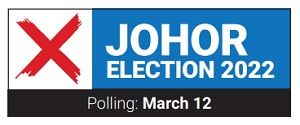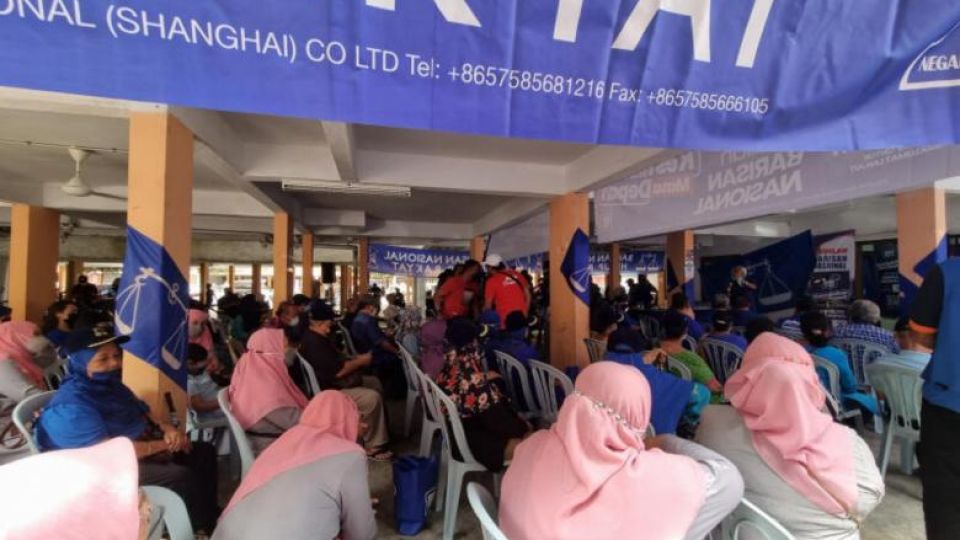March 11, 2022
SEGAMAT – Talk of a possible split of votes among the Malay and Chinese in the Johor election could make the Indian voters the kingmakers, say political observers.
It is learnt that there are 187,593 Indian voters who make up 7.2% or the total electorate of 2.59 million voters in Johor. New Indian voters alone consists of 65,333 voters.

Although there are no Indian-majority seats, their presence is significant in seats such as Kota Iskandar with 16,689 Indian voters, Skudai (14,284), Perling (13,265), Tiram (13,233), Permas (12,761) and Puteri Wangsa (11,939).
Indian voters make up 18.7% of the voters in Bekok despite an electorate of 27,447 while the lowest number of Indian voters (0.4%) are in Sri Medan.
Indian voters make up at least 10% of the electorate in at least 16 mixed seats.
Azmi Hassan, a senior fellow at Nusantara Academy for Strategic Research, said most of the 56 state seats in Johor either consisted of a split of Chinese or Malay majorities, while the percentage of Indian voters was between 5% and 10%.
“I think the few Indian votes are very critical and this can be seen in Layang Layang,” said Azmi.
He said for Layang-Layang, Maszlee Malik of PKR released a video in Tamil hoping to woo Indian voters, while Barisan Nasional’s Baling MP Datuk Seri Abdul Azeez Abdul Rahim had been campaigning heavily there.
“They are trying to entice Indian voters. There is almost 14% of Indian voters in Layang-Layang and in this case, a small number does not mean that the community has no influence,” said Azmi.
According to 14th General Election voters’ demography, Layang-Layang consists of 53.37% Malay voters, Chinese (32.08%) and Indians (13.62%).
Azmi also said the Indian votes could see them tip the scales at Bekok, which is seeing a four-cornered fight, as it had one of the highest numbers of Indian voters.
“Nearly 20% of the voters there are Indians and the outcome should be interesting,” he added.
The Chinese make the majority of 51.02% registered voters in Bekok, followed by the Malays (28.24%) and Indians (17.93%)
However, Azmi argued that Perling would be a seat that is closely watched by observers.
“Why Perling? Because the candidate is a former Pakatan Harapan deputy minister, and Malay and Chinese votes are on par at 44% each, while Indian voters are less than 10%.
“It will be interesting to see how the Indian votes will sway, either to Pakatan or Barisan, or even Pejuang.
“Indian votes in this case are important because of the ongoing split votes between the Malay and the Chinese,” said Azmi.
Meanwhile, MIC vice-president Datuk M. Asojan is certain Indians will be kingmakers in at least 32 out of the 56 state seats.
“All these seats have at least 5% Indian votes,” he said.
Johor DAP vice-chairman Dr S. Ramakrishnan said with so many parties splitting the votes, the Indian voters would become vital in the marginal seats.


